When it comes to personal care products, many people are beginning to realize the importance of using organic and natural ingredients. One product that has gained significant popularity in recent years is organic soap. By creating your own DIY organic soap, you can not only ensure that you are using safe and natural ingredients on your skin but also have a creative and fulfilling experience in the process. Organic soap is free from harmful chemicals such as parabens, sulfates, and synthetic fragrances that are commonly found in commercial soaps. These chemicals can strip the skin of its natural oils, leading to dryness, irritation, and other skin issues. By making your own organic soap, you have full control over the ingredients you use, allowing you to tailor the soap to your specific skin type and preferences.
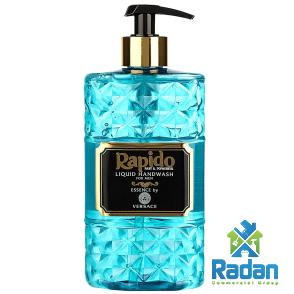
.
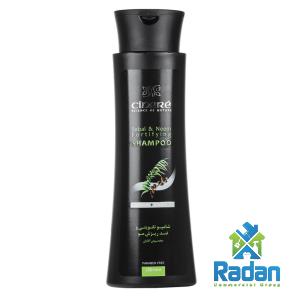 One of the main benefits of DIY organic soap is that you can customize it to suit your skin’s needs. Whether you have dry, oily, sensitive, or acne-prone skin, you can choose ingredients that will help address your specific concerns. For example, if you have dry skin, you can add moisturizing oils such as coconut oil or shea butter to your soap recipe. If you have acne-prone skin, you can incorporate ingredients like tea tree oil or activated charcoal to help combat breakouts. Making your own organic soap is also a fun and creative process. You can experiment with different combinations of oils, botanicals, and essential oils to create unique scents and textures. The possibilities are endless, and the satisfaction of using a soap that you created yourself is truly rewarding. In addition to being better for your skin, DIY organic soap is also better for the environment. Many commercial soaps contain ingredients that are harmful to aquatic life and contribute to water pollution. By making your own organic soap, you can ensure that you are using biodegradable and eco-friendly ingredients that won’t harm the planet. Now, you may be wondering how to get started with making your own DIY organic soap. The good news is that it’s easier than you might think! To make a basic organic soap, you will need just a few key ingredients: a soap base, oils, and essential oils or botanicals for fragrance. For the soap base, you can choose from a variety of options such as melt-and-pour soap base, which is pre-made and easy to work with, or you can make your soap base from scratch using lye and oils. If you are new to soap making, starting with a melt-and-pour base is a great way to ease into the process. When selecting oils for your organic soap, it’s important to choose high-quality, organic oils that will nourish and hydrate your skin. Some popular options include olive oil, coconut oil, shea butter, and avocado oil. Each oil has its own unique benefits for the skin, so feel free to experiment with different combinations to find what works best for you.
One of the main benefits of DIY organic soap is that you can customize it to suit your skin’s needs. Whether you have dry, oily, sensitive, or acne-prone skin, you can choose ingredients that will help address your specific concerns. For example, if you have dry skin, you can add moisturizing oils such as coconut oil or shea butter to your soap recipe. If you have acne-prone skin, you can incorporate ingredients like tea tree oil or activated charcoal to help combat breakouts. Making your own organic soap is also a fun and creative process. You can experiment with different combinations of oils, botanicals, and essential oils to create unique scents and textures. The possibilities are endless, and the satisfaction of using a soap that you created yourself is truly rewarding. In addition to being better for your skin, DIY organic soap is also better for the environment. Many commercial soaps contain ingredients that are harmful to aquatic life and contribute to water pollution. By making your own organic soap, you can ensure that you are using biodegradable and eco-friendly ingredients that won’t harm the planet. Now, you may be wondering how to get started with making your own DIY organic soap. The good news is that it’s easier than you might think! To make a basic organic soap, you will need just a few key ingredients: a soap base, oils, and essential oils or botanicals for fragrance. For the soap base, you can choose from a variety of options such as melt-and-pour soap base, which is pre-made and easy to work with, or you can make your soap base from scratch using lye and oils. If you are new to soap making, starting with a melt-and-pour base is a great way to ease into the process. When selecting oils for your organic soap, it’s important to choose high-quality, organic oils that will nourish and hydrate your skin. Some popular options include olive oil, coconut oil, shea butter, and avocado oil. Each oil has its own unique benefits for the skin, so feel free to experiment with different combinations to find what works best for you.
..
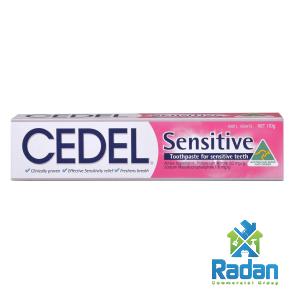 To add fragrance to your organic soap, you can use essential oils or botanicals. Essential oils not only provide a pleasant scent but also offer therapeutic benefits for the skin and mind. Some popular essential oils for soap making include lavender, tea tree, peppermint, and lemongrass. If you prefer a more natural approach, you can also use dried herbs or flowers to add fragrance and texture to your soap. Once you have gathered your ingredients, it’s time to start making your DIY organic soap. Here is a simple recipe to get you started: Ingredients: – 1 lb melt-and-pour soap base – 1/4 cup coconut oil – 1/4 cup olive oil – 20-30 drops of your favorite essential oil (such as lavender or peppermint) – Dried lavender flowers (optional, for texture) Instructions: 1. Cut the melt-and-pour soap base into small chunks and place them in a microwave-safe bowl. 2. Microwave the soap base in 30-second intervals until fully melted, stirring in between each interval. 3. Once the soap base is melted, stir in the coconut oil and olive oil until well combined. 4. Add the essential oil of your choice and stir to evenly distribute the fragrance throughout the soap. 5. If using dried lavender flowers, sprinkle them into the soap mixture and stir gently. 6. Pour the soap mixture into soap molds and allow it to cool and harden for at least 4-6 hours. 7. Once the soap has hardened, pop it out of the molds and cut it into individual bars. Congratulations! You have just made your own homemade organic soap. Use it in the shower or as a hand soap, and enjoy the nourishing and luxurious experience of using a soap that you created yourself. In conclusion, making your own DIY organic soap is a rewarding and empowering experience.
To add fragrance to your organic soap, you can use essential oils or botanicals. Essential oils not only provide a pleasant scent but also offer therapeutic benefits for the skin and mind. Some popular essential oils for soap making include lavender, tea tree, peppermint, and lemongrass. If you prefer a more natural approach, you can also use dried herbs or flowers to add fragrance and texture to your soap. Once you have gathered your ingredients, it’s time to start making your DIY organic soap. Here is a simple recipe to get you started: Ingredients: – 1 lb melt-and-pour soap base – 1/4 cup coconut oil – 1/4 cup olive oil – 20-30 drops of your favorite essential oil (such as lavender or peppermint) – Dried lavender flowers (optional, for texture) Instructions: 1. Cut the melt-and-pour soap base into small chunks and place them in a microwave-safe bowl. 2. Microwave the soap base in 30-second intervals until fully melted, stirring in between each interval. 3. Once the soap base is melted, stir in the coconut oil and olive oil until well combined. 4. Add the essential oil of your choice and stir to evenly distribute the fragrance throughout the soap. 5. If using dried lavender flowers, sprinkle them into the soap mixture and stir gently. 6. Pour the soap mixture into soap molds and allow it to cool and harden for at least 4-6 hours. 7. Once the soap has hardened, pop it out of the molds and cut it into individual bars. Congratulations! You have just made your own homemade organic soap. Use it in the shower or as a hand soap, and enjoy the nourishing and luxurious experience of using a soap that you created yourself. In conclusion, making your own DIY organic soap is a rewarding and empowering experience.
…
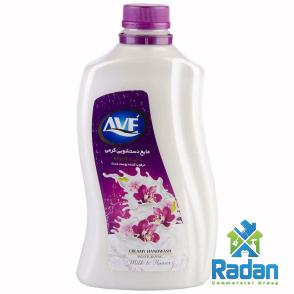 By using natural ingredients, you can create a soap that is not only good for your skin but also good for the environment. So why not give it a try and start making your own organic soap today? Your skin will thank you for it! When you switch to using DIY organic soap, you are making a conscious choice to prioritize your health and well-being. Conventional soaps often contain harsh chemicals and synthetic fragrances that can have negative effects on your skin and overall health. By crafting your own organic soap, you can avoid these harmful ingredients and provide your skin with nourishing and gentle care. Organic soap made with natural oils and botanicals can help maintain your skin’s moisture balance, prevent dryness, and promote a healthy glow. The ingredients in DIY organic soap are rich in vitamins, antioxidants, and fatty acids that nourish the skin and support its natural functions. With regular use, organic soap can improve the overall health and appearance of your skin, leaving it soft, smooth, and radiant. In addition to the benefits for your skin, using DIY organic soap can also be a therapeutic experience for your mind and senses. The natural scents of essential oils and botanicals can help uplift your mood, reduce stress, and create a calming atmosphere in your daily routine. The act of creating something with your own hands can be a form of self-care and a way to practice mindfulness in our fast-paced world. Furthermore, by making your own organic soap, you can reduce your environmental footprint and support sustainable practices. Many commercial soaps are packaged in plastic containers that end up in landfills and contribute to pollution. By making your own soap at home, you can use minimal packaging or reusable molds, reducing waste and promoting a more eco-friendly lifestyle. DIY organic soap also makes for a thoughtful and personalized gift for friends and family. You can customize the ingredients, scents, and packaging to create a unique and special gift that shows you care about their well-being. Whether it’s for birthdays, holidays, or special occasions, a handmade organic soap is a gift that will be appreciated and cherished by your loved ones. In conclusion, DIY organic soap is a wonderful way to care for your skin, your health, and the planet. By taking the time to create your own soap using natural and organic ingredients, you are investing in a healthier and more sustainable lifestyle. So why not embark on this journey towards self-care and sustainability by making your own organic soap today? Your skin, your health, and the environment will thank you for it.
By using natural ingredients, you can create a soap that is not only good for your skin but also good for the environment. So why not give it a try and start making your own organic soap today? Your skin will thank you for it! When you switch to using DIY organic soap, you are making a conscious choice to prioritize your health and well-being. Conventional soaps often contain harsh chemicals and synthetic fragrances that can have negative effects on your skin and overall health. By crafting your own organic soap, you can avoid these harmful ingredients and provide your skin with nourishing and gentle care. Organic soap made with natural oils and botanicals can help maintain your skin’s moisture balance, prevent dryness, and promote a healthy glow. The ingredients in DIY organic soap are rich in vitamins, antioxidants, and fatty acids that nourish the skin and support its natural functions. With regular use, organic soap can improve the overall health and appearance of your skin, leaving it soft, smooth, and radiant. In addition to the benefits for your skin, using DIY organic soap can also be a therapeutic experience for your mind and senses. The natural scents of essential oils and botanicals can help uplift your mood, reduce stress, and create a calming atmosphere in your daily routine. The act of creating something with your own hands can be a form of self-care and a way to practice mindfulness in our fast-paced world. Furthermore, by making your own organic soap, you can reduce your environmental footprint and support sustainable practices. Many commercial soaps are packaged in plastic containers that end up in landfills and contribute to pollution. By making your own soap at home, you can use minimal packaging or reusable molds, reducing waste and promoting a more eco-friendly lifestyle. DIY organic soap also makes for a thoughtful and personalized gift for friends and family. You can customize the ingredients, scents, and packaging to create a unique and special gift that shows you care about their well-being. Whether it’s for birthdays, holidays, or special occasions, a handmade organic soap is a gift that will be appreciated and cherished by your loved ones. In conclusion, DIY organic soap is a wonderful way to care for your skin, your health, and the planet. By taking the time to create your own soap using natural and organic ingredients, you are investing in a healthier and more sustainable lifestyle. So why not embark on this journey towards self-care and sustainability by making your own organic soap today? Your skin, your health, and the environment will thank you for it.
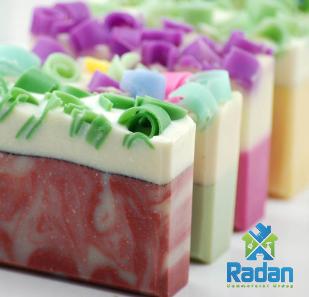
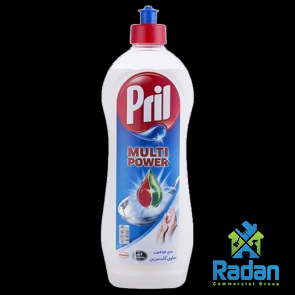
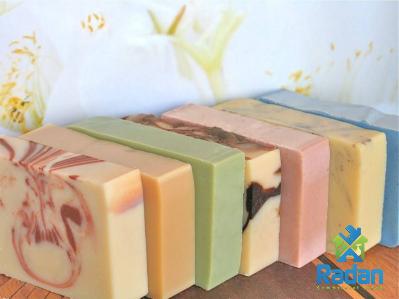
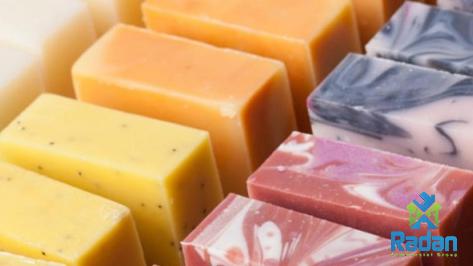
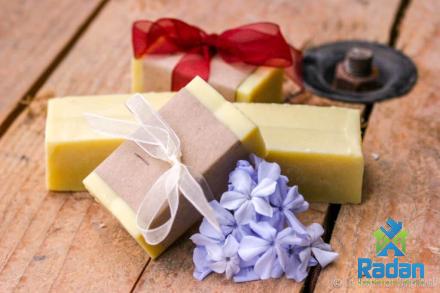
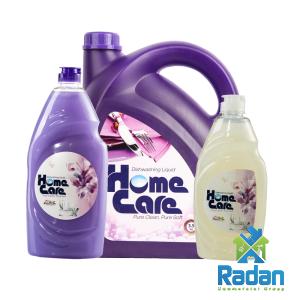
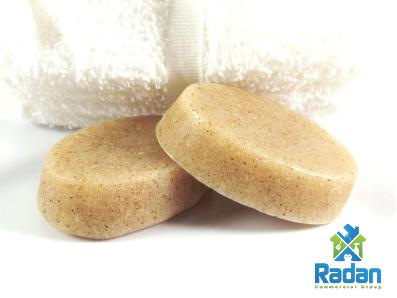
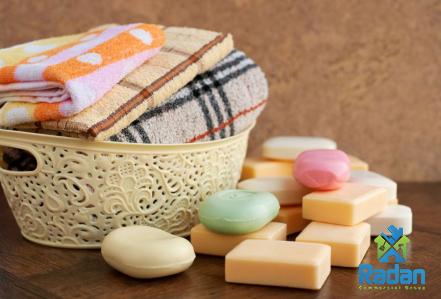
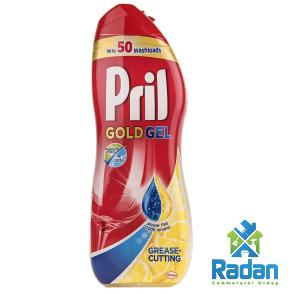
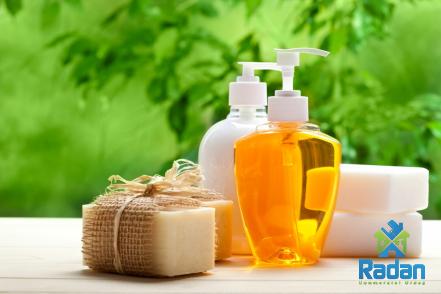
Your comment submitted.